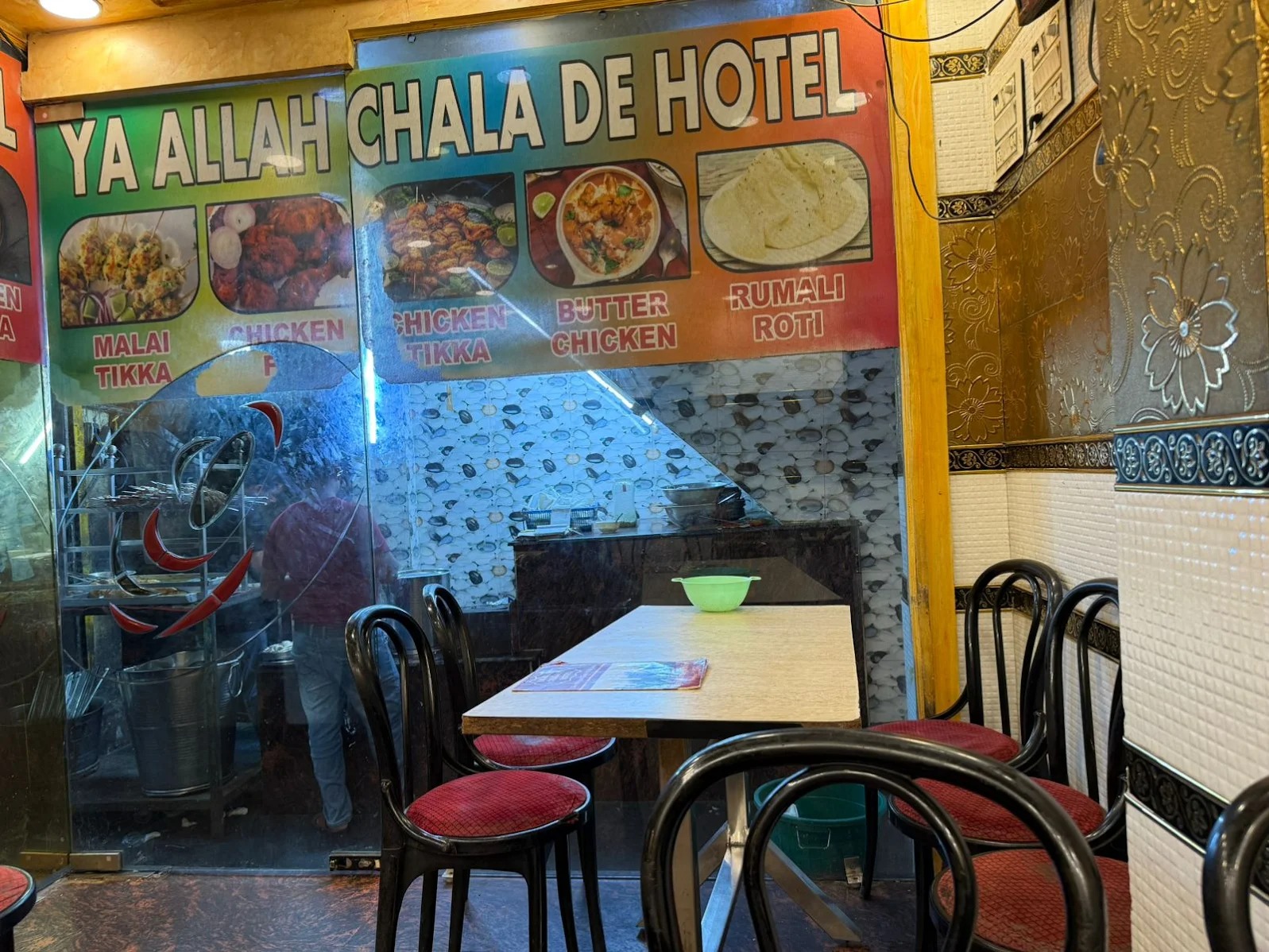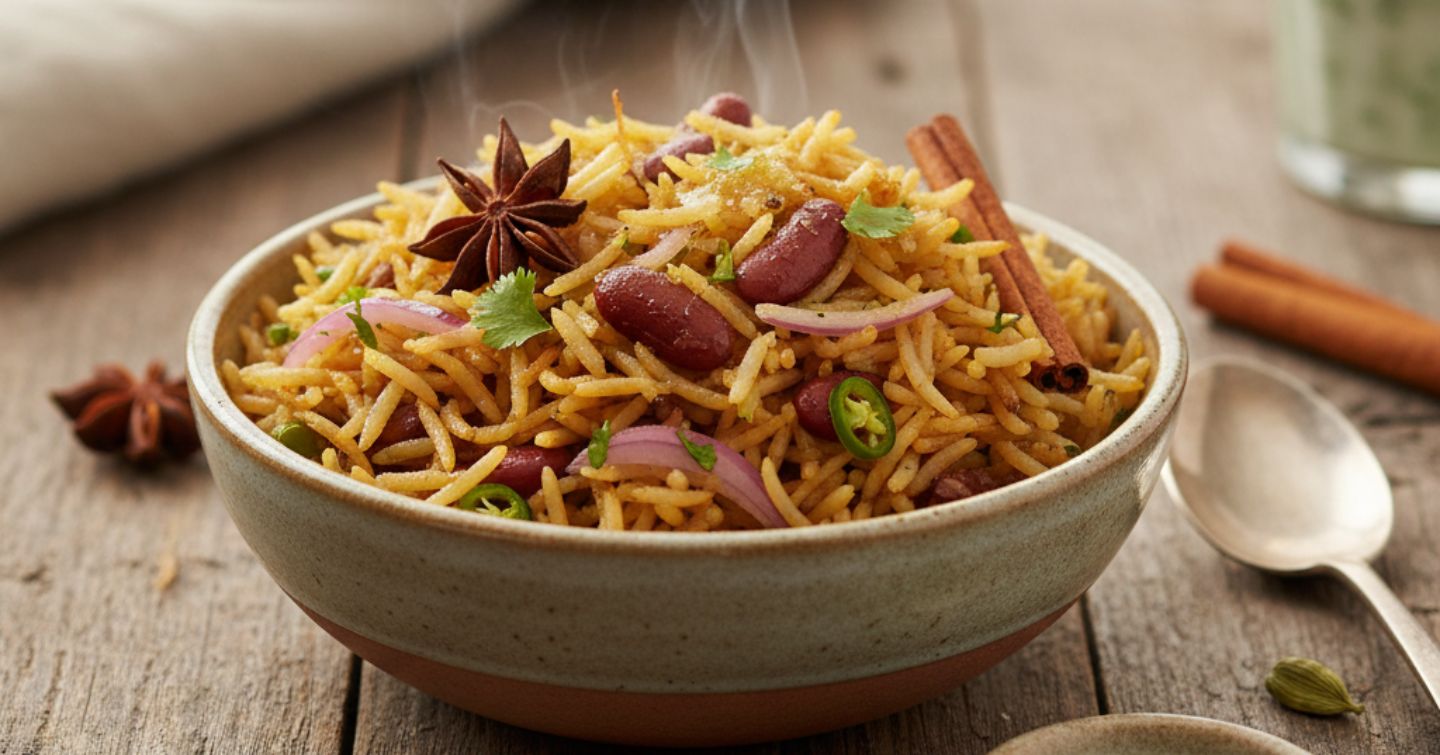Many quick service restaurants (QSRs) had evolved key aspects of the customer experience before the COVID-19 crisis began. Kiosks replaced cashiers and drive-thru displays went digital to offer customers more personalised and efficient experiences. Many franchisees also improved their delivery and mobile ordering experience to serve customers where it was most convenient for them.
But health and safety concerns as a result of the pandemic have forced a major rethink of even these digital innovations, in addition to how these restaurants will adapt to a new normal in the months and years ahead.
Like most industries, QSRs need to change their business model and operations now if they are to be successful in the post-pandemic world. Here are four key areas for QSRs to consider to survive and possibly thrive in this new normal:
1. Safety First
QSRs need to instil trust and confidence with their customers and crew that they operate a safe environment with quality food.
2. Implement Touchless Commerce Capabilities
Improve digital channels and adopt touchless fulfilment.
3. Optimise Everything
Shift to minimum mandatory tasks at the onset of recovery while rethinking the role of staff and the storefront.
4. Communicate, Communicate, Communicate
Amplify your message of the positive changes you've implemented to support your customers and crew.
(Also Read: Restaurant Food For Migrants - NRAI Pledges To Serve The Needy Amid Coronavirus Pandemic)

Focus On Customers And Store Crew Safety
Make safety of customers and crew the top priority when positioning your business for success during and post crisis. Many customers will use drive-thrus as a way to minimise human interaction, but for restaurants without drive-thrus, businesses should remember that after the crisis, it won't be business as usual.
Customers' economic fears will compound safety concerns. Large unemployment will see customers more price sensitive, seeking more affordable menu options to justify venturing to a restaurant during uncertain times.
Owners should also recognise that their crews are now considered essential employees, and as such, are under new-found stress. Having a reduced menu is one way to help simplify crew operations in the near-term to focus on tackling other challenges like sanitation, delivery and profit margins.
Build Trust By Communicating Your Changes Loud And Proud
As the crisis starts to wane in some parts of the world, many franchisees are asking themselves what changes they'll have to implement to earn customers' trust.
Restaurants need to be fearless in ensuring customers of how they're protecting them in the wake of COVID-19. Open kitchens and food preparation areas previously seen in fast-food restaurants will be appreciated, as will transparency on supply chain. Where is the food coming from, how is the food getting to me as a customer and how is it being handled?
(Also Read: 4 Mood-Boosting Foods You Must Include In Diet During The Coronavirus Crisis)
Implement Touch-Less Payments
Customers will be worried about how many surfaces they'll need to touch to get their food, including payment. For restaurants with kiosks, owners must figure out how to manage staff operations to ensure cleanliness of kiosk touch screens, minimising the risk to customers. Other restaurants with order counters will need to consider how to practice social distancing between customers and staff, taking lessons from grocers that implemented measures in the midst of the virus.
Contactless or touch-less commerce such as the ability to use mobile wallets or UPI payments will be highly valued, along with delivery and digital channels like the restaurant's mobile app.
The number of customers at QSRs paying in cash will change. As people have been forced to, and used to, using digital payments, this behaviour will likely remain; capitalise on that and bring it into your day-to day-operations.

How To Streamline Operations
According to a report, India's QSR market in India is projected to grow at a CAGR of over 18% during 2021 - 2025 due to increase in urbanisation, expansion in food delivery services, growing young and working population, and a rising disposable income.
It's also now important to have a direct-to-cosumer business at a time when third-party apps (food aggregator apps) eat up anywhere from 20 to 40 percent of the total ticket cost and cause margins to take a hit. This should be a priority for owners whose business wasn't primarily delivery before, but will be going forward.
Owners need to leverage what they have to execute and operate differently going forward. Think about redeploying staff to delivery allowing you more control of the overall customer journey experience from the restaurant to front door, managing engagement with the customer.
The idea of ghost kitchens is not new. Within this storefront that now has no seating, I could operate burger, Mexican and pizza restaurants, for instance, with my only channel being delivery. Ghost kitchen entrants pose a threat to the traditional QSR and will have a competitive advantage. As an owner, that would concern me because they will be eating into my business.
Look at repurposing physical restaurant square footage that isn't being used for seating to increase food preparation space, creating a safer environment for your crew.
(Also Read: 5 Expert Diet Tips Suggested By UNICEF For Your Family's Health Amid Coronavirus Scare)
Quick Service Is New Normal
Safety will be customers' main concern in a post-COVID-19 world and they'll want proof that they'll be safe when ordering food. Restaurants need to be clear on what they've changed or improved to ensure customers won't be left exposed.

Restaurants can also address customers' anxieties by building out their digital channels and owning the entire customer experience from food preparation to delivery. For some restaurants, this means radically reimaging their businesses to be primarily delivery or take away and being able to redeploy resources to respond to new trends or local guidelines. Businesses that quickly adapt to customers' digital needs and behaviours will gain their loyalty and trust. Being transparent and trustworthy will convince customers that QSRs are worthy of their business amid ongoing economic uncertainty.
About Author: Scott Gorny is Vice President, Travel & Hospitality at Publicis Sapient.
Disclaimer:
The opinions expressed within this article are the personal opinions of the author. NDTV is not responsible for the accuracy, completeness, suitability, or validity of any information on this article. All information is provided on an as-is basis. The information, facts or opinions appearing in the article do not reflect the views of NDTV and NDTV does not assume any responsibility or liability for the same.










